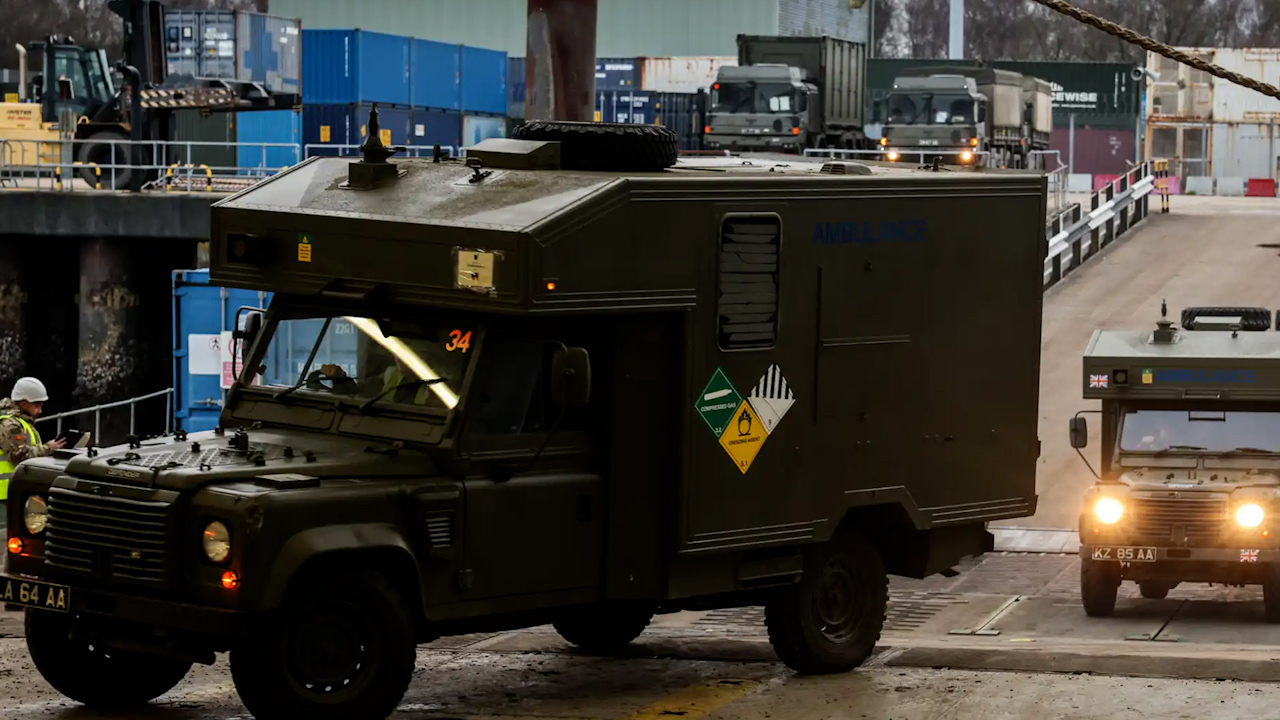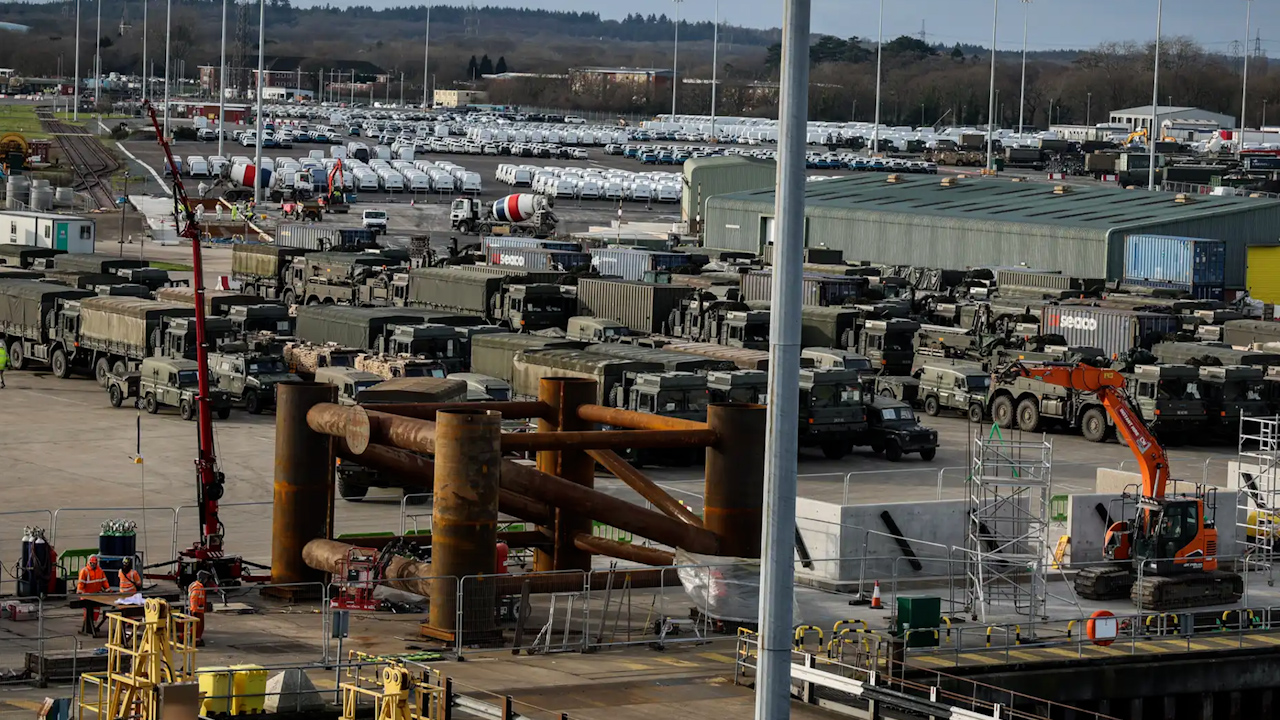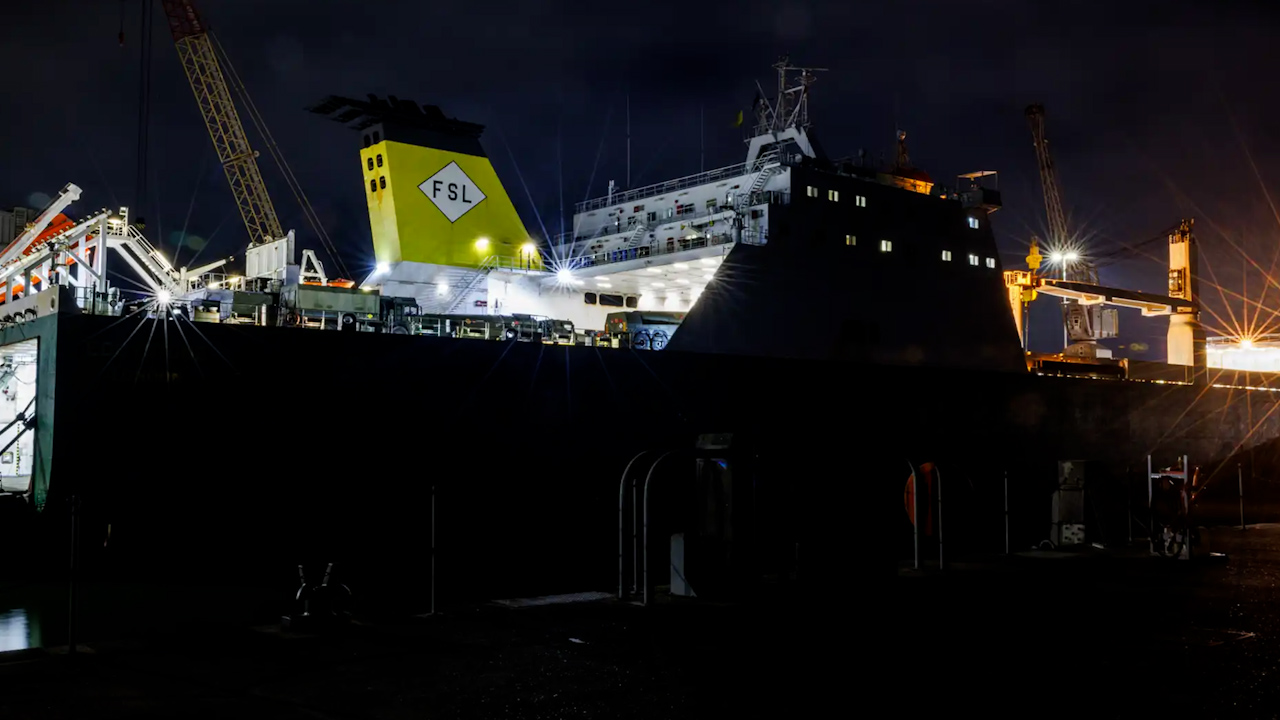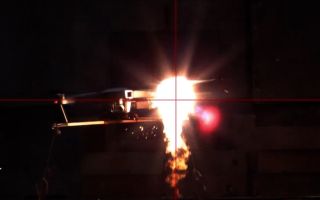
British military deployment efficiency and cost enhanced under new port agreement

The British Army has entered into a groundbreaking strategic relationship that will cut down on long-distance road transport of heavy military equipment to the south coast.
The new agreement made with Associated British Ports (ABP) is set to revolutionise the deployment of military personnel, equipment, and armour overseas, saving money and lessening the environmental impact.
"This new landmark strategic relationship with ABP is the exemplar of what MOD and industry can achieve," said the Field Army's Deputy Chief of Staff, Major General Jo Chestnutt.
For decades, the Sea Mounting Centre (SMC) at Marchwood, Southampton, has been the central hub for deploying British land forces globally, from the Falklands Conflict in 1982 to more recent operations in Afghanistan and Iraq.
However, the new agreement extends the British Army's access to ABP's nationwide network of ports, reducing reliance on Marchwood and bringing a host of strategic and operational benefits.
By using ports closer to their starting locations, military sealift vessels will also enjoy shorter and more direct routes to their overseas destinations.
For example, equipment bound for Nato's ongoing exercises in northwest Europe can now depart directly across the North Sea from Hull or Immingham, avoiding the need to traverse the English Channel and the Dutch coast.

Brigades and battlegroups located in the north of the country will be able to use the ports at ABP Humber, whilst the Royal Marines could use Plymouth.
Fewer military vehicles on the roads produce budgetary savings and, of course, a massive carbon emission reduction in not having military convoys pounding the UK's highways and byways.
This adjustment trims hundreds of nautical miles off the journey, reducing both transit times and costs.
Earlier deployments through Marchwood to the German port of Emden under Nato's Steadfast Defender exercises involved longer sea routes and complex logistics.

The new arrangement promises a more streamlined process and is more cost-effective.
It also has a strategic significance in that it means there is no longer a single port through which the UK's military machine passes, lessening the risk of it being a single point of failure.
Chief executive officer of Associated British Ports, Henrik L Pedersen, said: "As part of our strategic commitment to supporting the defence sector, ABP is proud to provide the MOD access to our network of ports across Britain for both national emergencies and routine business."









